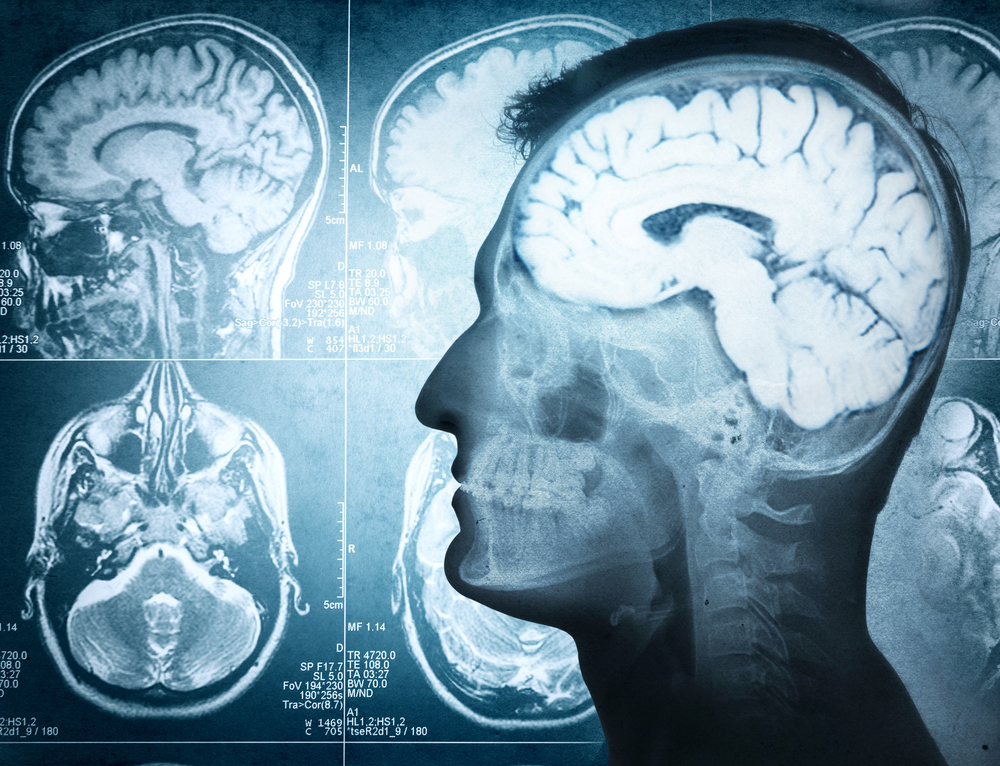Neurons in Parkinson’s Patients May Be Taught to Respond to Placebos as Drugs

Brain cells in Parkinson’s disease patients can learn to respond to placebo drugs, although the training appears to wear off after 24 hours. This finding, researchers said in “Teaching neurons to respond to placebos,” a study published in The Journal of Physiology, shows it may be possible to lower Parkinson’s medication by mixing real drugs with placebos.
A placebo is an inert treatment administered as an effective treatment so as to induce positive expectations of clinical improvement. Placebos have been found to affect patients’ brains in a number of conditions, including pain and motor disorders. In Parkinson’s disease (PD), placebo treatment has been seen to induce a release of dopamine in the striatum and to change the activity of neurons in specific brain regions, but in very few patients.
To investigate whether the broader effect observed in pain and motor disorders could be replicated in PD patients, Fabrizio Benedetti and colleagues at the University of Turin, Italy, studied 42 subjects with advanced disease undergoing electrode implantation for deep brain stimulation, a therapy that alleviates some disease symptoms. During the therapy, the researchers measured the activity of individual neurons in the thalamus, an area of the brain that is inhibited in PD as a consequence of dopamine privation.
Some patients were given a saline injection but told it was apomorphine (a drug that alleviates PD symptoms by activating dopamine receptors). This injection produced no response — except in those patients who had been “preconditioned” to expect a response by receiving one-to-four daily injections of the real drug over the preceding days.
These preconditioned patients responded to the saline: after receiving the injection, their neurons were seen to exhibit increased activity and their muscle rigidity symptoms to decline by an independent neurologist not told who was on saline placebo. If patients had received four previous apomorphine injections, there was “no difference between drug and placebo response,” Dr. Benedetti said in a news release.
Importantly, the responses are not likely to be due to any residual apomorphine in the participants’ systems, as the drug is effectively eliminated by the body within hours of administration, the release said.
Trained response wore off after a day, so it is short-lived. However, Dr. Benedetti believes that the placebo “memory” of neurons may be improved by giving patients real drugs for longer periods of time.
The study is noteworthy “because of its clear demonstration that clinical response and neuronal activation are clearly linked and can be trained,” Christopher Goetz, a neurologist at Rush University Medical Center in Chicago, Illinois, said in the release. “Though the group sizes are small, the results seem compelling,” added Tor Wager, a neuroscientist at the University of Colorado Boulder, who has studied placebo effects in pain relief.
Evidence from previous studies of placebos in pain and immune responses have demonstrated that learned effects occur even in people aware of a placebo drug. While Dr. Benedetti acknowledges that this study does not clarify whether an “honest placebo” approach could work for PD patients, he and others said that it could be possible to use placebo drugs in clinical practice if patients are informed of placebos interspersed with actual medicines.
According to Alberto Espay, a University of Cincinnati in Ohio neuroscientist who has also conducted research into placebo effects in Parkinson’s patients, more study is needed to evaluate the long-term benefit of such an approach. However, he believes that placebos could eventually be used in clinical practice to decrease drug amounts and costs. Dr. Benedetti is hopeful that placebo use might also help to delay drug tolerance, ensuring a medication’s effectiveness in patients for longer periods of time.






